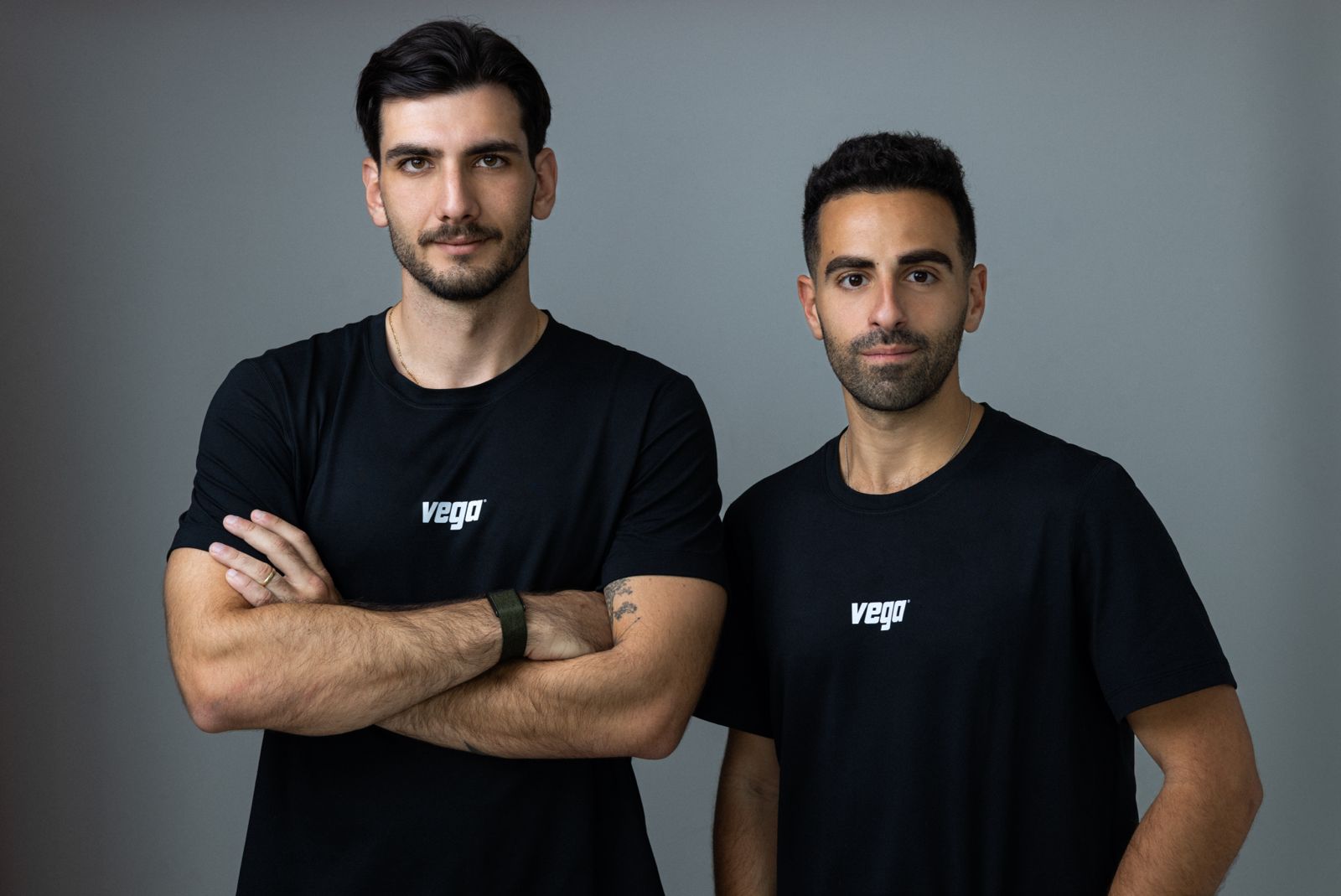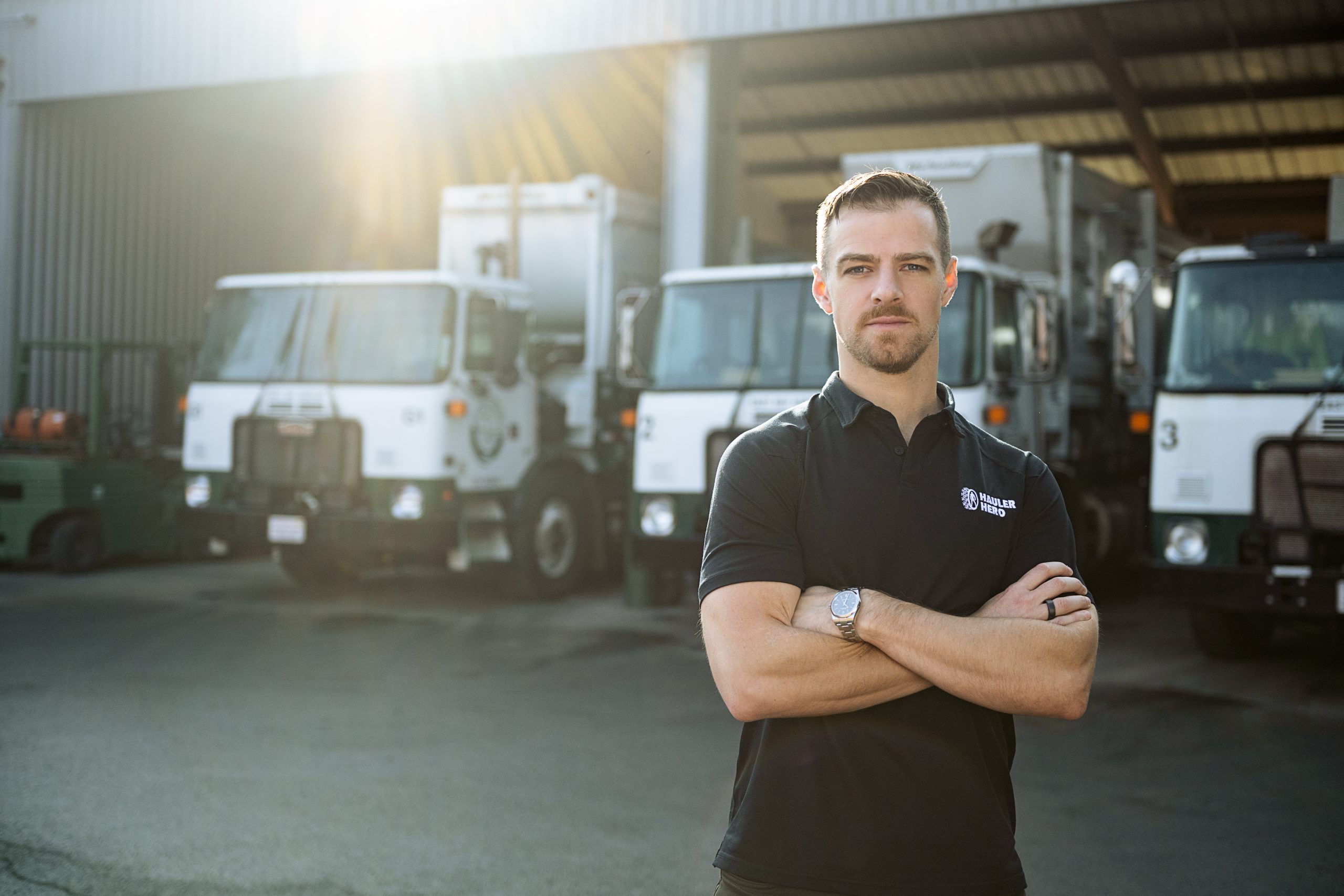
A groundbreaking approach to plastic and textile waste management is set to be spotlighted at TechCrunch Disrupt 2025, as startup MacroCycle introduces a novel chemical recycling method designed to achieve cost-effectiveness comparable to virgin materials. This innovation arrives at a critical juncture, addressing the pervasive global issue of plastic pollution, where conventional recycling efforts have largely fallen short of their promise. While approximately 9% of all plastics are currently recycled worldwide, this figure plummets dramatically for textiles, with a mere 0.5% finding a second life. The discrepancy highlights a significant challenge within the materials industry, one that MacroCycle aims to fundamentally reshape.
The Looming Crisis of Plastic and Textile Waste
The journey of plastics, from their widespread adoption in the mid-20th century to their current status as a ubiquitous environmental pollutant, underscores a complex global predicament. Driven by their versatility, durability, and low cost, plastics have become indispensable across countless industries. However, their pervasive use has led to an escalating waste crisis. Annually, humanity produces hundreds of millions of tons of plastic, a substantial portion of which ends up in landfills, incinerators, or contaminates natural ecosystems, including oceans, where they fragment into harmful microplastics. These particles infiltrate food chains, impact biodiversity, and pose unknown risks to human health.
The environmental footprint extends beyond waste management. The production of virgin plastics is heavily reliant on fossil fuels, contributing significantly to greenhouse gas emissions and accelerating climate change. Despite growing public awareness and a push for circular economy principles, the economic and technical hurdles to effective recycling remain formidable. Many plastics, particularly those composed of mixed polymers or laden with additives, are simply not amenable to existing mechanical recycling processes, which often degrade material quality over successive cycles.
Textiles present an even more acute challenge. The rise of "fast fashion," characterized by rapid production cycles, low prices, and disposable trends, has exacerbated textile waste. Modern garments are frequently made from complex blends of synthetic fibers like polyester, nylon, and spandex, often combined with natural fibers such as cotton. These multi-material compositions, along with embellishments like buttons, zippers, and various dyes and finishes, render traditional recycling processes extremely difficult and uneconomical. The lack of infrastructure for collecting, sorting, and processing diverse textile waste streams further compounds the problem, resulting in the vast majority of discarded clothing and fabrics being sent to landfills or incinerated.
MacroCycle’s Distinctive Chemical Ingenuity
At the heart of MacroCycle’s disruptive potential lies its proprietary chemical recycling technology. Traditional chemical recycling methods typically involve depolymerization, a process where plastic polymers are broken down into their fundamental monomer building blocks, often through intense heat or chemical reagents. These monomers are then purified and re-polymerized to create new plastic materials, ideally indistinguishable from virgin plastic. While effective in principle, these methods can be energy-intensive and may still generate significant carbon emissions or require specialized infrastructure. Stwart Peña Feliz, co-founder and CEO of MacroCycle, experienced these limitations firsthand during his earlier career at an ExxonMobil chemical recycling plant, observing the substantial energy consumption and carbon dioxide output. This experience fueled his determination to find a more sustainable alternative.
MacroCycle’s innovation diverges fundamentally from this conventional depolymerization approach. Instead of breaking down the long polymer chains into monomers, their process ingeniously transforms the polymers into ring-shaped molecules known as macrocycles. This critical step facilitates a highly efficient purification process. As the polymers are temporarily reconfigured into these cyclic structures, various solvents can be used to selectively wash away contaminants, dyes, and other unwanted materials that are commonly found in waste textiles. Crucially, these removed contaminants can often be recovered and recycled separately, further enhancing the circularity of the process.
Once purified, the macrocycles are then "unzipped," or reopened, to reform the linear polymer chains. This re-polymerization step is designed to yield high-quality polymers, specifically polyester in their initial applications, with properties on par with, or even superior to, virgin materials. Peña Feliz emphasizes that the longer the reformed polymer chains, the higher the quality of the resulting polyester. By circumventing the need to fully depolymerize and then re-synthesize from monomers, MacroCycle’s method dramatically reduces the energy input required. The company claims an impressive 80% reduction in energy consumption compared to manufacturing virgin polyester, a substantial improvement over other chemical recycling processes that typically offer a 20% to 30% energy saving. This energy efficiency is a cornerstone of their strategy to achieve price parity with virgin materials, a critical factor for widespread industrial adoption.
From Academic Insight to Commercial Venture
The genesis of MacroCycle traces back to a pivotal encounter at the Massachusetts Institute of Technology (MIT). After leaving ExxonMobil, Peña Feliz enrolled in an MBA program at MIT, driven by a desire to innovate in the sustainability sector. It was there that he met Jan-Georg Rosenboom, a postdoctoral researcher whose novel approach to plastic recycling had caught his attention. Peña Feliz recalls being initially skeptical, finding Rosenboom’s technology "too good to be true," but the scientific promise was undeniable.
The collaboration between Peña Feliz’s business acumen and Rosenboom’s scientific breakthrough quickly formalized into MacroCycle, founded in the fall of 2022. The nascent startup gained significant momentum the following spring when it was selected for a prestigious Breakthrough Energy Fellowship. This program, backed by Bill Gates and designed to accelerate climate technology innovations, provided crucial funding, mentorship, and validation for MacroCycle’s vision. This endorsement solidified their commitment to pursuing the venture full-time. Building on this momentum, MacroCycle successfully closed a $6.5 million seed funding round earlier this year, attracting capital from investors keen on supporting transformative solutions in the circular economy space. This financial backing is essential for scaling their technology from laboratory proof-of-concept to industrial viability.
Scaling Up for Market Impact
MacroCycle is currently in a critical phase of scaling its operations. The company is actively establishing a significantly larger reactor, an impressive 2,000 times the size of its initial research-and-development unit. This expansion marks a crucial step towards commercialization, enabling the production of 100-kilogram (approximately 220-pound) batches of recycled material. These larger quantities are vital for providing samples to potential customers, particularly within the fashion industry, which is increasingly under pressure to adopt more sustainable practices. The fact that MacroCycle is already generating revenue from fashion brands eager to test and integrate this technology into their supply chains underscores the strong market demand for genuinely sustainable textile solutions.
The strategic goal of achieving price parity with virgin materials is central to MacroCycle’s long-term vision. For industries deeply entrenched in cost-driven production models, the economic viability of recycled alternatives is paramount. By significantly reducing energy consumption and delivering high-quality polymers, MacroCycle aims to eliminate the traditional cost premium associated with recycled content. This competitive pricing is envisioned as the catalyst for widespread industry adoption, transforming how major chemical producers and consumer brands approach their material sourcing.
The potential societal and environmental benefits are profound. By providing a cost-effective, high-quality alternative to virgin plastics, MacroCycle’s technology could substantially reduce the industry’s reliance on fossil fuels, thereby decreasing carbon emissions. It also offers a viable pathway for diverting vast quantities of textile waste from landfills, fostering a more circular economy where materials are continually reused and repurposed. This aligns with global efforts to mitigate climate change and combat plastic pollution.
Charting the Future of Sustainable Materials
MacroCycle’s emergence at TechCrunch Disrupt 2025 places it squarely within the burgeoning cleantech sector, a domain ripe with innovation aimed at addressing the planet’s most pressing environmental challenges. While the path from startup innovation to industrial-scale impact is often fraught with hurdles—including significant capital investment requirements, navigating complex regulatory landscapes, and securing consistent feedstock supplies—MacroCycle’s early successes and strategic focus on economic viability position it favorably.
The company’s ambition extends beyond merely offering a recycling service; it aims to fundamentally alter the economic calculus for major industrial players. As Peña Feliz articulates, true change often stems from compelling economic incentives rather than internal shifts within large corporations. By creating a technology so economically attractive that the opportunity cost of not adopting it becomes prohibitively high, MacroCycle seeks to drive a paradigm shift across the entire materials value chain. Their presentation at TechCrunch Disrupt will offer a global platform to showcase this vision, attracting further investment, partnerships, and talent crucial for realizing their transformative potential in the fight against plastic and textile waste.








